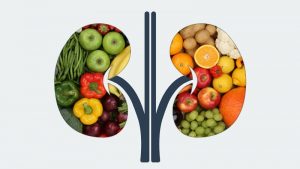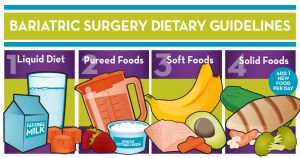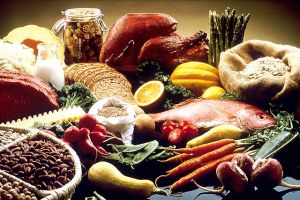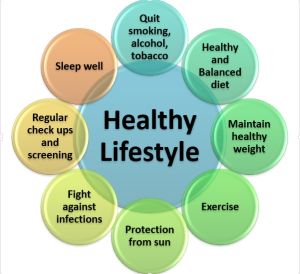Delhi
In chronic or acute kidney disease, managing diet is crucial to support kidney function and overall health. For individuals with kidney disease, a low-protein diet may be recommended to reduce the workload on the kidneys and minimize the buildup of waste products in the blood. However, it's essential to work closely with a healthcare provider or registered dietitian to ensure proper nutrition while limiting protein intake.
A low-protein diet typically focuses on high-quality protein sources such as eggs, fish, and poultry in moderation. Plant-based proteins like beans, lentils, and tofu can also be included. Monitoring phosphorus and potassium levels is important, as kidney disease can affect their balance in the body. Limiting sodium intake helps manage blood pressure and fluid retention.
During dialysis, dietary needs may change. Dialysis removes waste products and excess fluid from the blood, but it can also remove essential nutrients. Patients undergoing dialysis may need to increase their protein intake to compensate for protein loss during treatment. Additionally, maintaining adequate hydration and electrolyte balance is crucial.
Overall, a balanced diet tailored to individual needs is essential for managing kidney disease and supporting overall health. Regular monitoring and adjustments by healthcare professionals ensure optimal nutrition and kidney function management throughout the disease progression.
Looking for "Kidney Disease Diet" ?
Explore More Services














